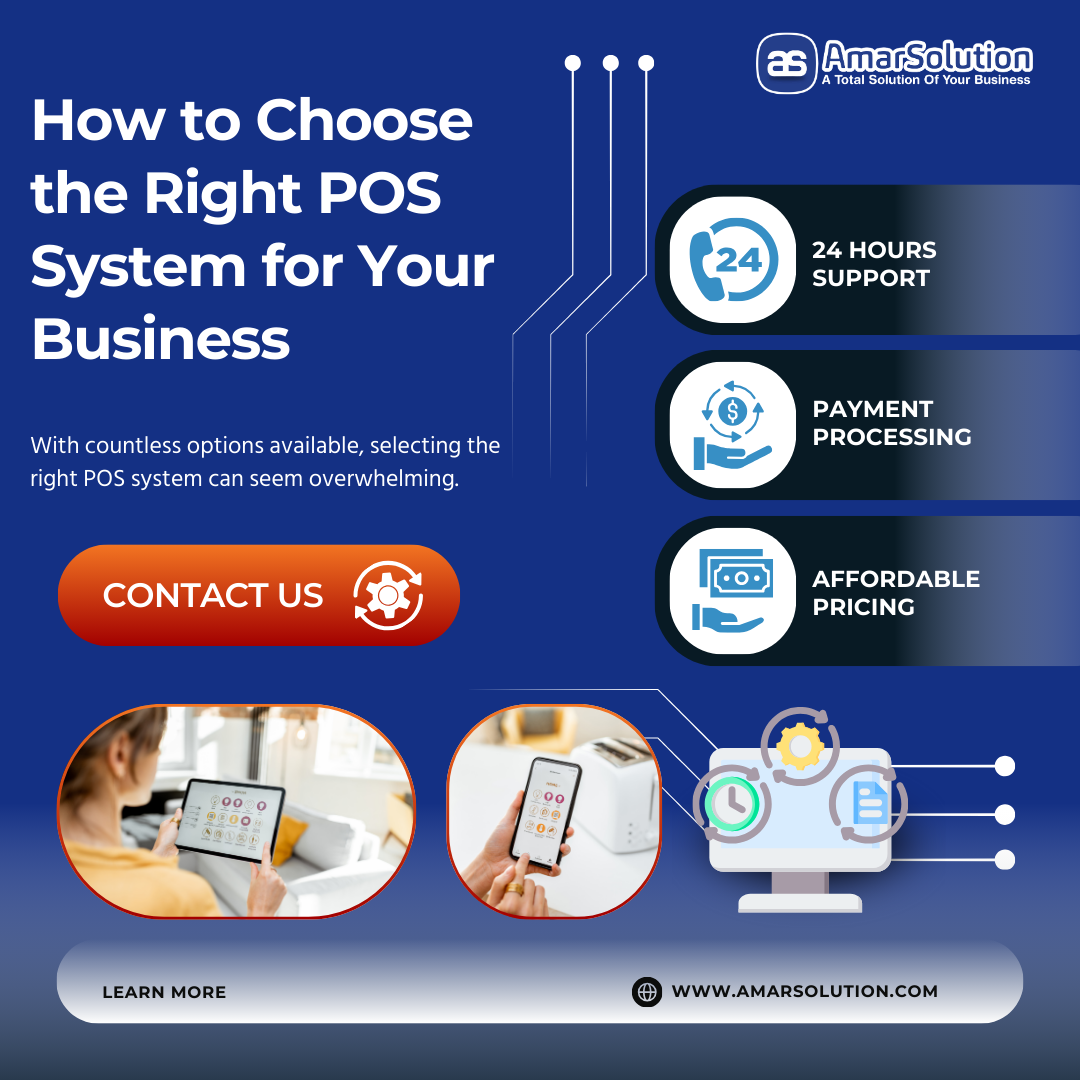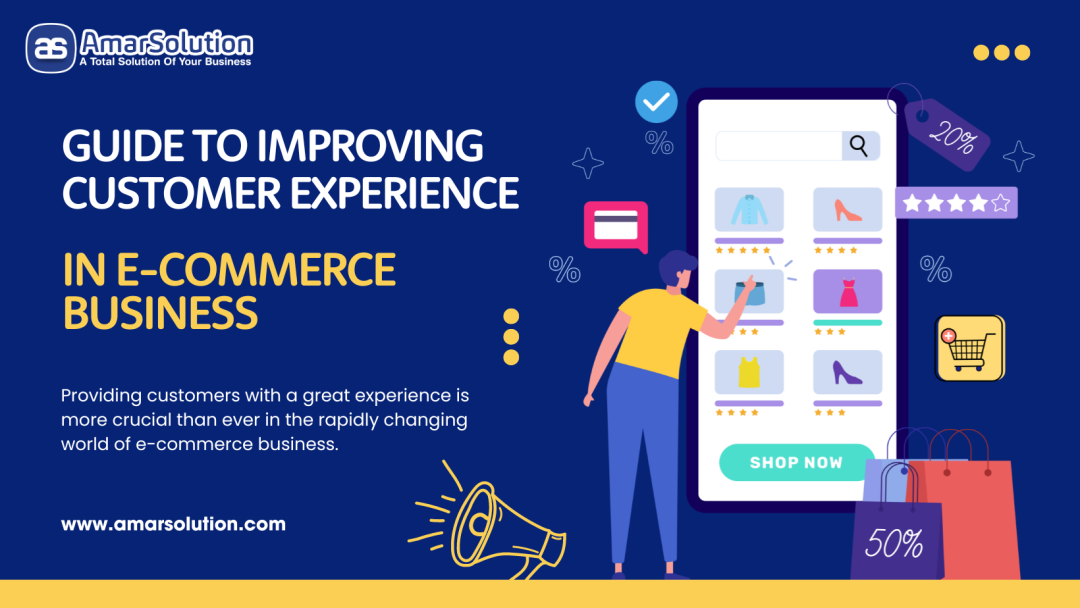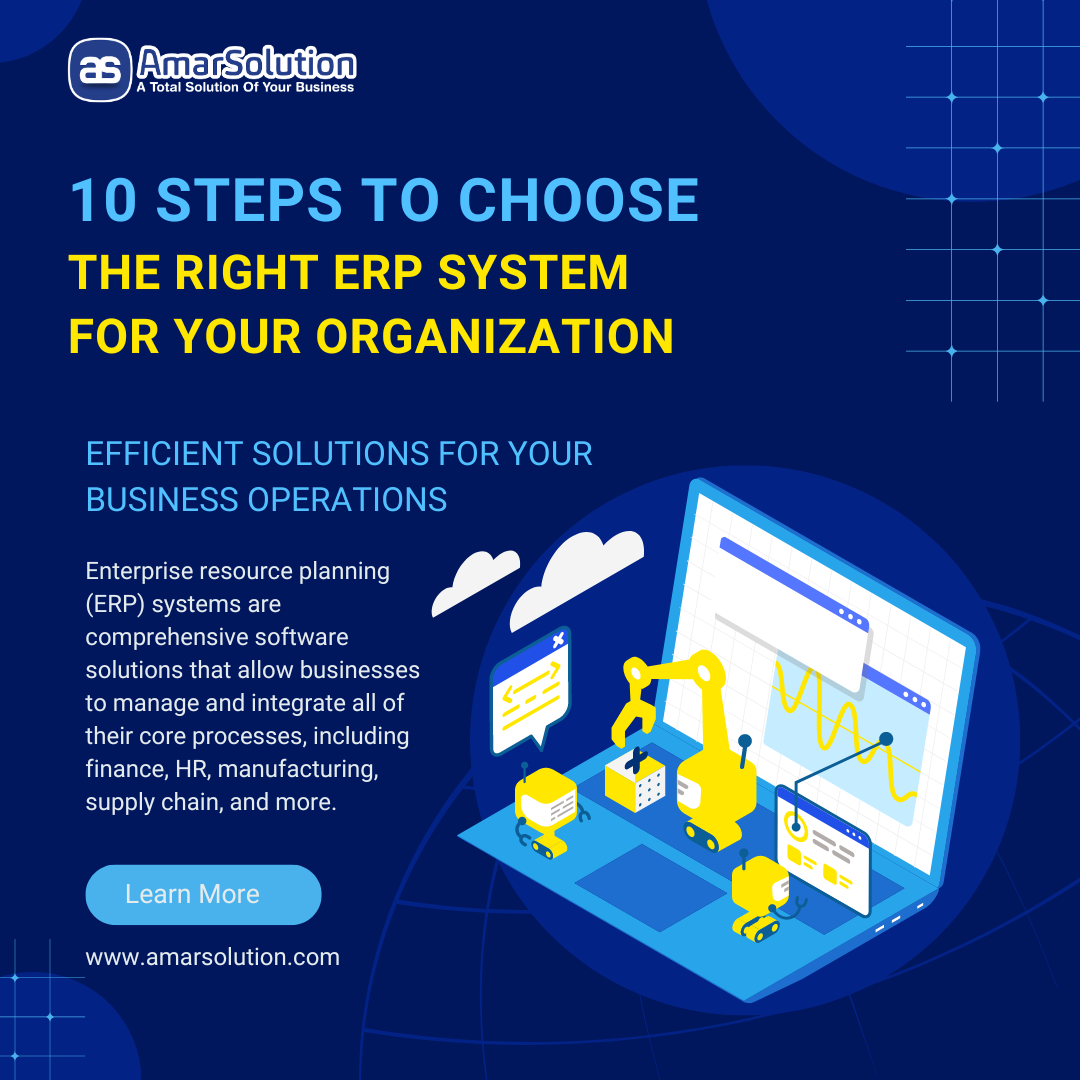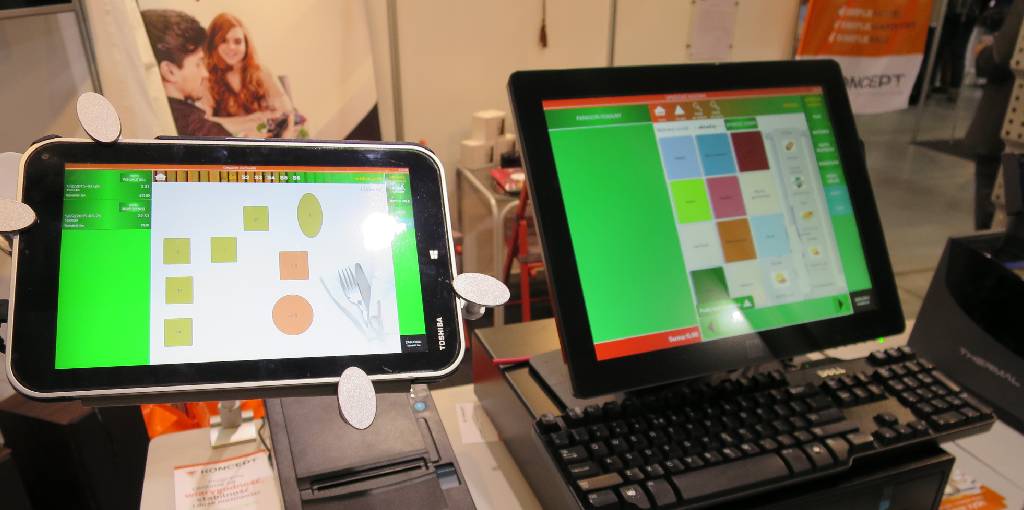How to Choose the Right POS System for Your Business
It is essential to have the right point-of-sale (POS) system in the competitive corporate market of today. Whether you're running a bustling restaurant, a cozy café, a trendy boutique, or a large retail chain, the POS system is the backbone of your operations. It can streamline your operations, improve customer service, and boost your bottom line. With countless options available, selecting the right POS system can seem overwhelming. This guide will walk you through the key factors to consider when selecting a POS system for your business:

1. Understand Your Needs
The first step in choosing a POS system is understanding your specific business requirements. Different types of businesses have unique needs. Here are some questions to ask yourself:
- What type of business do you have (retail, restaurant, service-based)?
- What products or services do you sell?
- How many transactions do you process daily?
- Do you need inventory management features?
- Do you want to track customer data?
By understanding your needs, you can narrow down your POS options to those that offer the functionalities most relevant to your business.
2. Consider Your Budget
There is a wide range of prices for POS systems. Software licensing and hardware (such as terminals and receipt printers) have up-front charges. Certain point-of-sale systems additionally demand transaction or monthly subscription fees.
Consider every expense involved and select a system that you can reasonably afford. Remember that a good point-of-sale system needs to be an investment that delivers long-term benefits.
3. Evaluate Features and Functionality
It's time to look at the features that various POS systems have to offer now that you are aware of your needs and spending limit. Here are some important factors to think about:
Inventory management: It involves making purchase orders, managing product variations, and keeping track of inventory levels.
Customer management: It requires keeping loyalty programs, tracking past purchases, and collecting consumer data.
Reporting and Analytics: Make data-driven decisions, discover top-selling products, and get insights into sales patterns.
Payment processing: Take contactless payments as well as all major credit and debit cards.
Integrations: Is there a POS system that works with your e-commerce platform, marketing tools, or accounting software?
4. Prioritize Ease of Use
Both you and your staff should find your point-of-sale system easy to use. Look for a system with a clear user interface, simple navigation, and training materials which are easy to understand. Your team will start to benefit from the system more quickly if they can pick it up quickly.
5. Prioritize Security
When managing sensitive business data and customer payments, security is important. Keep an eye out for these security features:
Verify that the Point of Sale system complies with Payment Card Industry requirements.
Encryption: Use strong encryption technologies to safeguard data transfer.
User Permissions: Limit employee access in order to protect confidential data.
Frequent upgrades: To fix security flaws, use a system that gets upgrades frequently.
A safe point of sale system keeps customers trusting you and protects against fraud.
6. Don't Forget About Scalability
Consider your future goals. Will the next few years see growth for your business? Select a point-of-sale system that can grow with your business. Seek for a system that can grow with your company by providing add-on features and flexible plans.
7. Research Vendor Reputation and Support
When choosing a POS provider, consider their reputation and customer support options. Read online reviews, check customer testimonials, and inquire about the level of support offered (phone, email, live chat).
Reliable customer support is crucial, especially during the initial setup and daily operations. Evaluate the support options available:
- Availability: Is support available 24/7?
- Channels: Can you reach support through phone, email, chat, or online resources?
Choose a provider that offers prompt and helpful support to ensure any issues are quickly resolved.
8. Considering the Budget
Choosing a point-of-sale system that meets your requirements is important, but it should also be affordable. Think about the following expenses:
Upfront Costs: Hardware, setup, and installation charges are upfront costs.
Monthly Fees: The price of a cloud-based software subscription.
Transaction Fees: Expenses related to processing payments.
Maintenance and Upgrades: Ongoing charges for maintaining and updating the system.
To get the most out of your purchase, compare the expenses and advantages against the features.
9. Take Advantage of Free Trials and Demos
Most POS companies provide demos or free trials. This is a great way of examining the system to see whether your company is a good fit for it. Make the most of these chances to look into features, user interface, and general functionality.
You can choose a point-of-sale (POS) system that will allow your company to run more smoothly, provide great customer care, and meet your goals for growth by following these steps.
Ready to Find the Perfect POS System?
Our company provides a POS system that is both reliable and easy to use, according to the requirements of businesses of all kinds. To find out how our online POS system can help your business grow, we welcome you to check out our features, price options, and schedule a free trial.
You may read also - How a POS System Can Help Your Restaurant Business





 (1).jpg)





